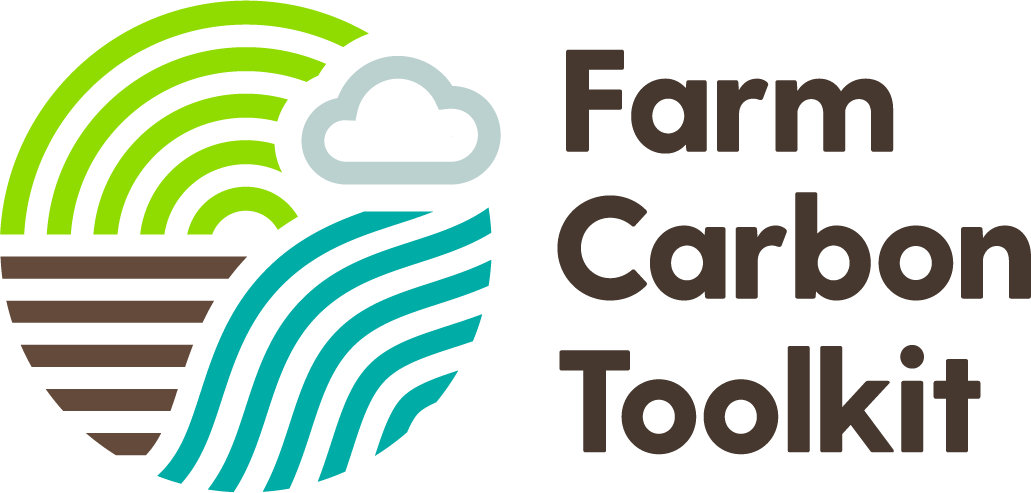As well as the context of environmental change which will impact farmland and growing regions, there are economic, societal and social reasons to take action. Reducing input use, generating renewable energy and increasing resource efficiency all save or make money, helping farming businesses run more profitably and smoothly. As the food producers and retailers are pressured from regulations above and consumer demand below, supply chains will be increasingly scrutinised for their GHG emissions so taking action now could put you at a competitive advantage in the near future.
Introduction
The world is changing at an unprecedented rate, and this is as true for agriculture as any other sector, if not more so. As agricultural producers and businesses we face pressure to change from government and regulatory bodies, but also from our producer customers and, ultimately, their end consumers.
In a resource constrained world, we are crucially positioned to contribute to saving resources and producing more, more sustainably. However this is exacerbated by the enormous challenges and threats posed to the sector from a world faced with fewer resources and greater competition for them. World population is forecast to reach 9.7 billion by 2050 and this will put huge strain on the globe’s natural resources, creating water shortages and greater competition for minerals and natural wealth.
Market Drivers
The food industry is becoming increasingly focussed on sustainability and the ‘carbon footprinting’ of foodstuffs is emerging as a big issue. Producers and retailers such as Unilever, Marks & Spencer, Sainsburys and other big players have tough sustainability policies in place and are introducing carbon footprinting.
This means suppliers must meet environmental standards and monitor and reduce their carbon emissions to have any chance of supplying key large scale customers.
Around half of the UK retail sector, and three of the four major supermarket chains have ambitious carbon reduction targets. As the big players adopt such standards these are likely to spread through the industry, and impact almost every farmer, so those businesses taking action now will benefit from a head start.
Quite simply, to supply one of these big companies in the future, we will need to change as farmers and take steps to ensure we are in line with their policies by operating more sustainably and measuring our impact.
Acting now will also preempt government regulations forcing us as farmers and growers to reduce emissions. Doing so now gives us the flexibility to reduce emissions in ways most suited to our operations rather than having these imposed upon us.
Public Perceptions
The general public are becoming increasingly important and involved in the challenge of adapting to and mitigating climate change. It’s not just the forward thinking companies who need to make more sustainable choices. However, willingness is required from UK (and global) communities in order to be able to support and engage with climate change mitigation and adaptation schemes.
More recently there has been increased interest from the general public on where their food comes from, with consumers becoming more aware of the environmental impact of some food through either production or travel. The market for environmentally sustainable locally produced food is growing allowing farmers to take advantage of the new market opportunities.
As farmers we can help combat climate change in several ways, however, little action is being taken among the farming community at the moment. This may be due to the lack of information, support and regional guidance by authorities and industry, as well as the lack of financial incentives, alongside environmental obligations (Global Sustainability Institute, 2012). More forceful, legislated climate change and environmental action would see changes among the agricultural community. However, currently there are plenty of voluntary schemes which have been taken up by those willing to make a change to their current farming systems, as seen in the policies and targets section of the toolkit.
Summary
The market, resource and population pressures faced globally are the pressures faced by us as farmers and growers on our own farms and businesses and will directly impact everyone involved in agriculture. Taking action now is the best way to deal with these issues – the ‘Your Farm‘ section of the toolkit shows you how.

